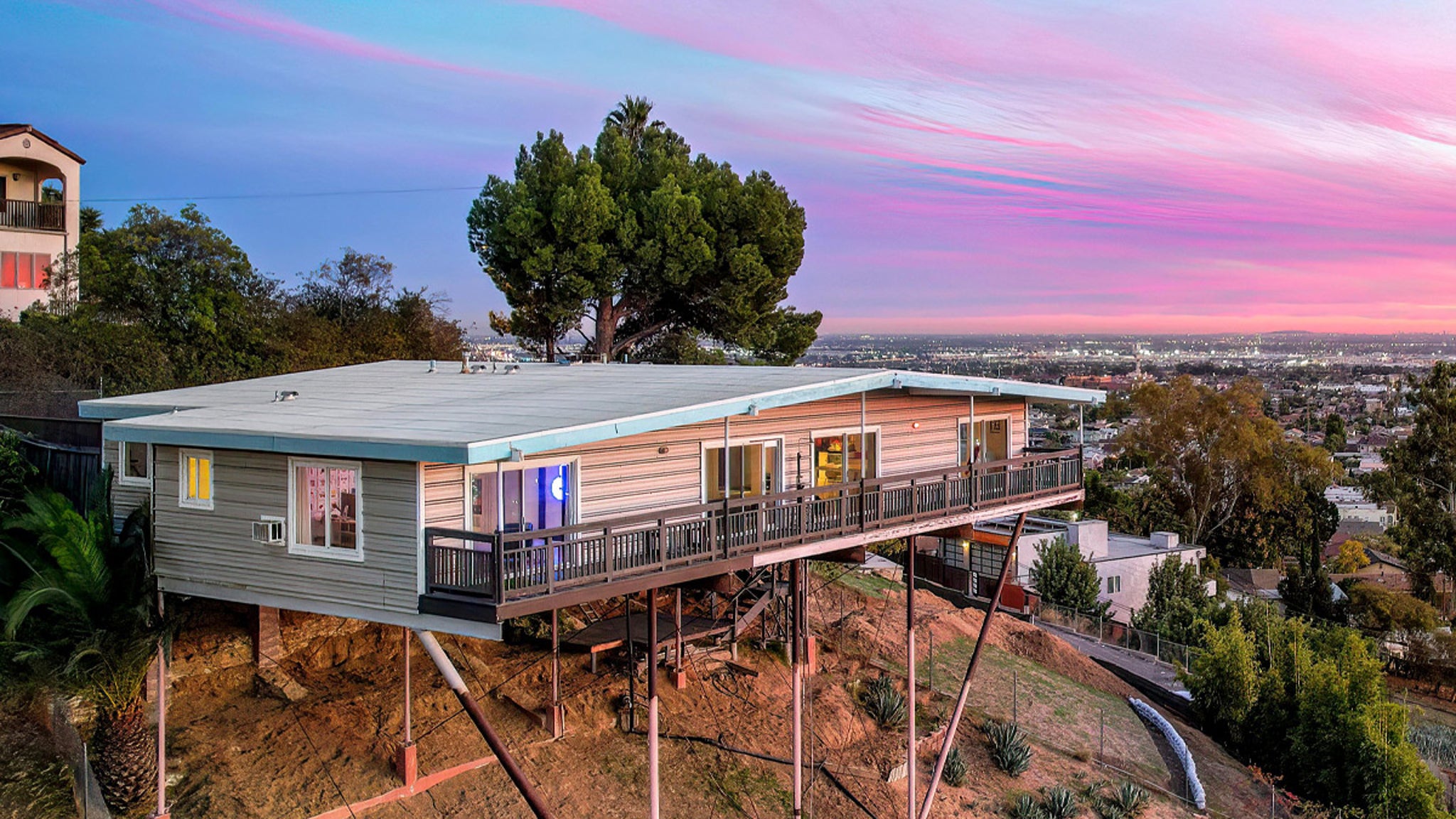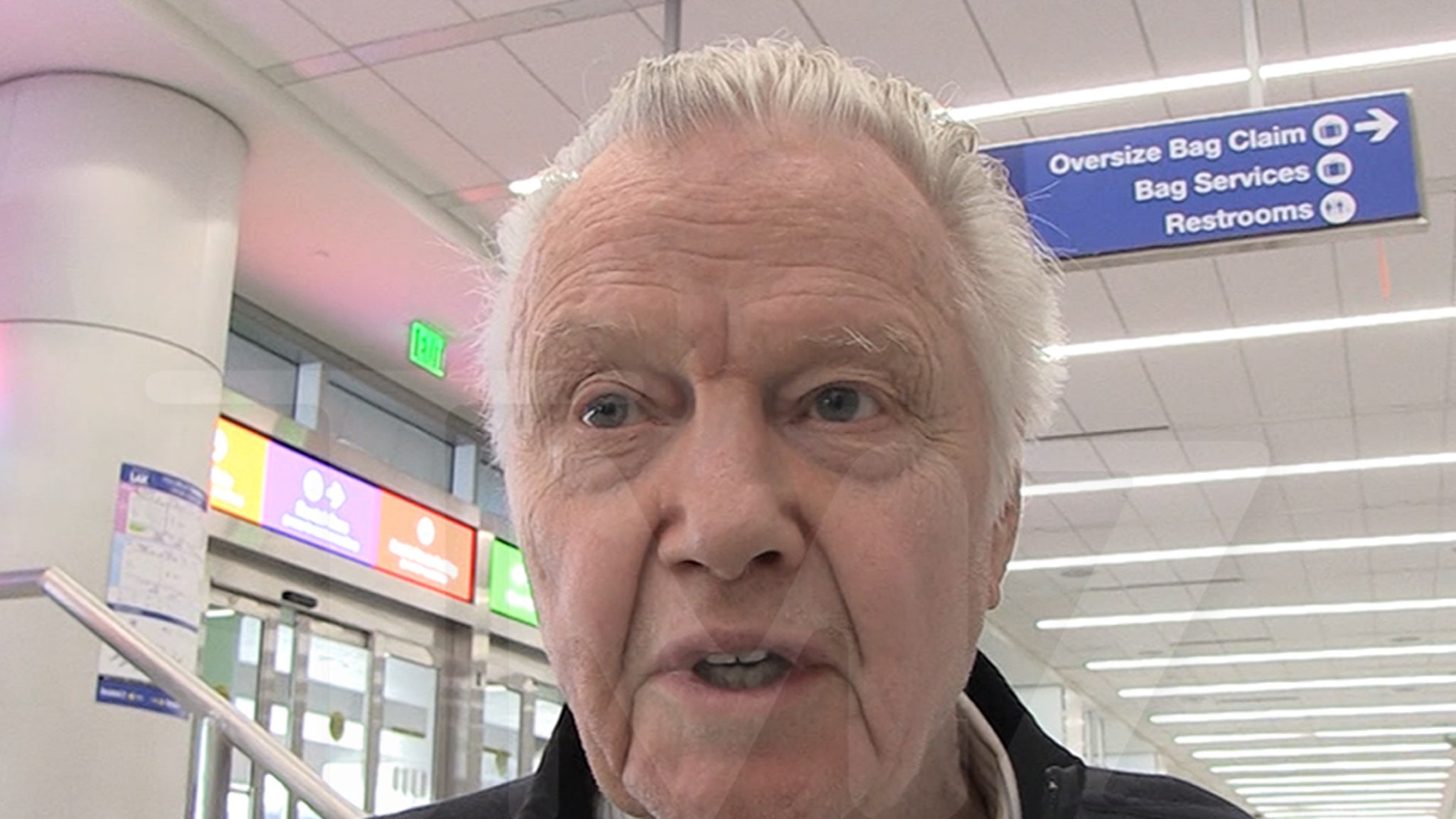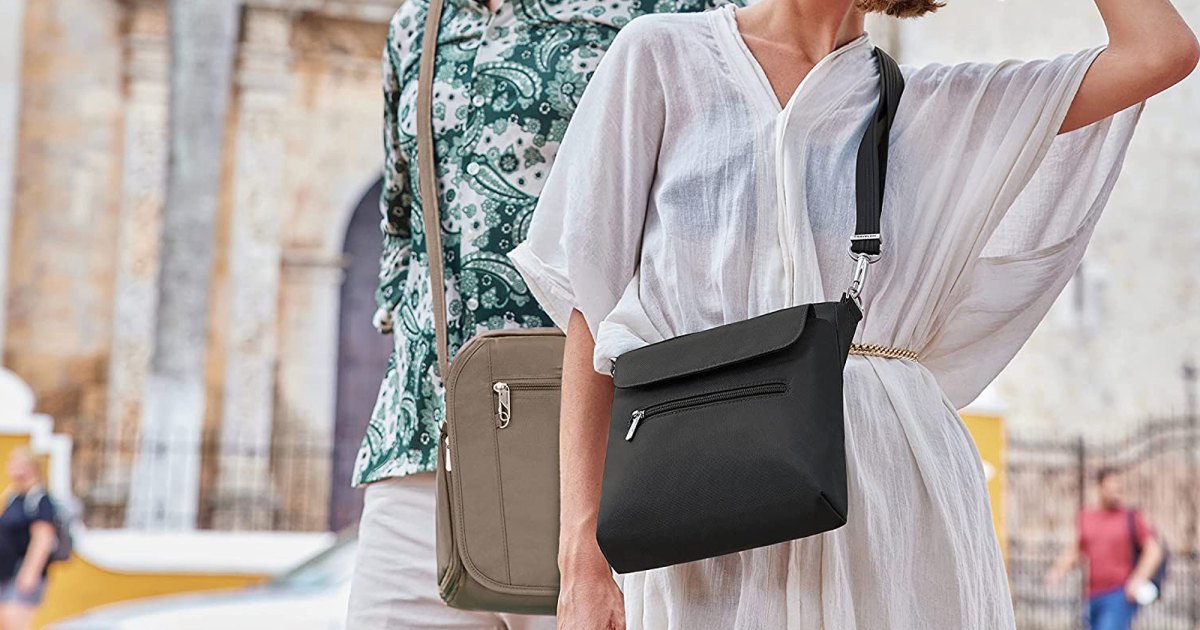Culture
‘Apprentice in Wonderland’ Review: Ramin Setoodeh Dives Into Trump’s Theatrics

APPRENTICE IN WONDERLAND: How Donald Trump and Mark Burnett Took America Through the Looking Glass, by Ramin Setoodeh
In 2004, when the entertainment journalist Ramin Setoodeh was 22, Newsweek assigned him to cover a new reality show starring Donald Trump. The show’s mix of product-hawking and emotional volatility was a hit; and in the years since “The Apprentice” first aired on NBC, Setoodeh would go on to become the co-editor in chief of Variety and Trump, of course, would go on to become president — arguably in large part because American audiences bought the mirage of the successful, no-nonsense businessman that Trump played on TV.
So it isn’t surprising that Setoodeh, like so many others who have done rotations in Trump’s orbit, would eventually add a volume to the ever-expanding shelf of Trump books. Setoodeh concedes that “The Apprentice” has already “been endlessly analyzed, debated, referenced and credited as a major factor” in Trump’s 2016 victory, and he promises that “Apprentice in Wonderland” will do something new: “What’s been lost in most of the conversations about the show is the show itself — not just a symbol, but a seminal moment in the history of popular culture.”
This is one of those my-book-will-be-different statements that sounds blandly unobjectionable on the face of it, but then turns out not to make much sense. “The Apprentice” was “a seminal moment in the history of popular culture” precisely because its star became president. The “show itself” was, from Setoodeh’s own recounting of it, just another reality television product: addictive, ultra-processed fare that could be churned out on the cheap. Trump’s stint in reality TV has been squeezed many times over for significance. What can this book tell us that we don’t know already?
Setoodeh did what he could to gather material. He interviewed Trump six times between May 2021 and November 2023, and talked to numerous people who worked for or appeared on the show. In other words, he had access. But access — especially when it comes to a 20-year-old reality show built around voluble people who crave attention — can yield only so much.
It’s the kind of quote — inadvertently funny and inadvertently gross — that could have led to a rich line of inquiry in the hands of another writer, but Setoodeh just drops it and moves on. He tends to quote his subjects more than he needs to, so that choice lines are swamped by banal ones. The dullest parts of the book are his interviews with Trump, whose incontinent monologues meander from memories of being on set more than a decade ago to flagrant lies about winning the 2020 election. Setoodeh’s method for their in-person interviews is to show Trump clips from “The Apprentice” and to encourage him to take a trip down memory lane.
And Trump does seem to love reliving his days on the show. “There is something about talking about ‘The Apprentice’ that soothes him, like a calming chest balm applied to a patient with pneumonia,” Setoodeh writes, later contrasting Trump’s happy nostalgia with his eruptions of anger whenever he remembers his years in the White House. Trump’s office is described as a time capsule, with framed news clippings on the wall from the heyday of print. Setoodeh compares Trump to Miss Havisham in her decaying wedding gown from “Great Expectations,” and his office to “Grey Gardens without the cats” and “a department store past its prime.” Such scenes seem pathetic and sad. But then Trump will suddenly break the spell, launching into a rant about Hunter Biden.
In other words, Trump keeps reminding us who he is — something that Setoodeh grapples with, even if he doesn’t quite seem to know how to handle his material. He quotes Trump saying so many things that are half true or untrue that he has to follow up the falsehoods with fact-checking parentheticals. “There is no way to reasonably interview Trump as a politician,” Setoodeh says. “He’s not a politician. There’s no way to ask him about governing. He’s not able to govern.”
Setoodeh tries to keep their conversations focused on the ins and outs of “The Apprentice,” but Trump insists on veering off course. Even if Setoodeh doesn’t consider him a “politician,” Trump was nonetheless the president of the United States. His four years in office had real-life consequences. Any drama related to “The Apprentice” seems like peanuts by comparison.
The most bizarre tidbits in this book never coalesce into something more interesting than the obvious “Alice in Wonderland”-style madness suggested by the title. The first time Setoodeh meets Mark Burnett, the producer who was responsible for “The Apprentice,” Burnett “extended his right hand to shake my hand while his left hand sharply pinched my nipple.” A contestant recalls how the mandatory physical exam for “The Apprentice” included “a funnel” that was inserted “in your penis and they turned it and scraped it and pulled it out.” A nipple-pinching by Burnett? A funnel in the penis? It all sounds pretty weird! But absent an animating vision for what this book is supposed to be doing, the details just hang there, blowing in the wind.
“Celebrity culture has taken a great deal from our country and our world, but the upside — at least in theory — is that it allows people to dream big.” Setoodeh says this to himself as he sits in a Florida boutique hotel’s two-bedroom “Goop villa,” an extension of Gwyneth Paltrow’s brand, on a couch so grotesquely expensive that it makes him “think about the American dream.” It’s the closest he comes to an original, overarching idea of what he wants to tell us. But then he shrinks back, reverting to noncommittal musings about how selling an aspirational lifestyle to the masses isn’t so bad, “unless the brand swallows the world.”
As it happens, Trump has frequently demonstrated a shrewder grasp than his media observers of the dark undercurrents of our politics and society. He dispenses with the illusion that celebrity culture necessarily inspires anything substantive or nice. “It’s all about one thing: ratings,” Trump said to Setoodeh, remembering his negotiations with NBC. “If you have ratings, you can be the meanest, most horrible person in the world.”
APPRENTICE IN WONDERLAND: How Donald Trump and Mark Burnett Took America Through the Looking Glass | By Ramin Setoodeh | Harper | 255 pp. | $32
























